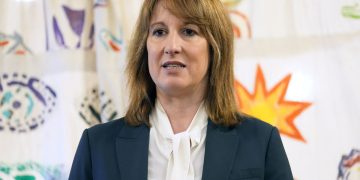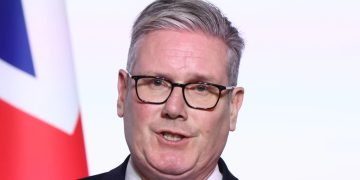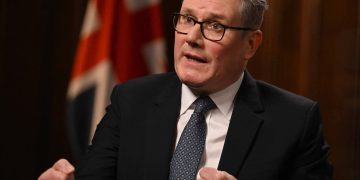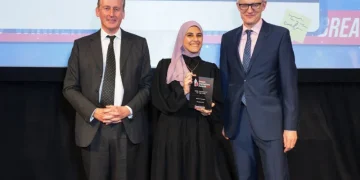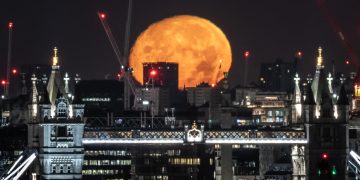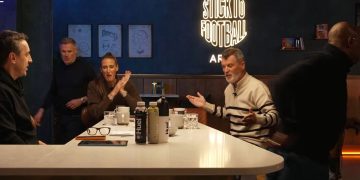
The BBC’s use of the son of a Hamas official as a narrator for a Gaza documentary amounted to a “serious breach” of the Broadcasting Code, Ofcom has ruled.
As a sanction for the breach, Ofcom has ordered the BBC to air a statement of its findings about the breach on BBC2 at 9pm on a date of the regulator’s choosing.
The BBC’s documentary Gaza: How To Survive A Warzone was pulled from iPlayer in February after it emerged that its 13-year-old narrator was the son of the deputy minister of agriculture in Gaza.
At the time, BBC said: “There have been continuing questions raised about the programme and in the light of these, we are conducting further due diligence with the production company. The programme will not be available on iPlayer while this is taking place.”
Ofcom received 34 complaints about the programme, and gave the BBC the “opportunity” to conduct its own review.
The BBC found in July it was “wrong” to use the child narrator as an editorial concept, and breached its own editorial guidelines on “avoiding misleading audiences”.
This led to Ofcom opening an investigation into the programme. It has now found that the BBC’s failure to disclose the narrator’s father held a position in the Hamas-run administration was “materially misleading”.
“It meant that the audience did not have critical information which may have been highly relevant to their assessment of the narrator and the information he provided,” Ofcom said.
Documentary could ‘erode audience trust’
Ofcom also said this “had the potential to erode the very high levels of trust audiences would have expected in a BBC factual programme about the Israel-Gaza war”.
The BBC noted it had “publicly acknowledged a serious breach in its own editorial standards” and said it has “undertaken to implement a series of measures to ensure future compliance with its own standards and those of the Ofcom Code”.
The documentary, which followed the experiences of four children and a number of adults living through the war in Gaza, was made for the BBC by independent production company Hoyo Films.
While the BBC became aware of the Hamas links in February 2025, three employees of Hoyo Films knew about them from July 2024.
Ofcom did not find any issues with complaints on mistranslations, payments to the narrator, or whether due care had been taken in relation to childcare, but focused on the omission of information regarding the family links of the narrator.
“BBC audiences would expect its documentaries to accurately inform them and be made to the highest editorial standards,” Ofcom said.
It added that because of the BBC’s position as the UK’s publicly funded public service broadcaster, audiences were “more likely to place weight” on the documentary “to inform them about the situation unfolding in Gaza”.
“Breaches of the Code that have resulted in the audience being materially misled have always been considered by Ofcom to be among the most serious that can be committed by a broadcaster, because they go to the heart of the relationship of trust between a broadcaster and its audience.
“This is particularly pertinent in the case of a public service broadcaster such as the BBC.”
The post Ofcom orders BBC to air on TV finding that Gaza film broke broadcasting rules appeared first on Press Gazette.

